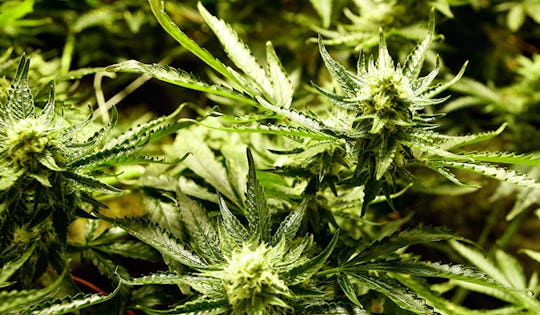Cannabis is a generic term used to denote the several psychoactive preparations of the plant Cannabis sativa. The major psychoactive consituent in cannabis is ∆-9 tetrahydrocannabinol (THC). Compounds which are structurally similar to THC are referred to as cannabinoids. In addition, a number of recently identified compounds that differ structurally from cannabinoids nevertheless share many of their pharmacological properties. The Mexican term ‘marijuana’ is frequently used in referring to cannabis leaves or other crude plant material in many countries. The unpollinated female plants are called hashish. Cannabis oil (hashish oil) is a concentrate of cannabinoids obtained by solvent extraction of the crude plant material or of the resin.
Epidemiology
Buy cannabis Mississauga is by far the most widely cultivated, trafficked and abused illicit drug. Half of all drug seizures worldwide are cannabis seizures. The geographical spread of those seizures is also global, covering practically every country of the world. About 147 million people, 2.5% of the world population, consume cannabis (annual prevalence) compared with 0.2% consuming cocaine and 0.2% consuming opiates. In the present decade, cannabis abuse has grown more rapidly than cocaine and opiate abuse. The most rapid growth in cannabis abuse since the 1960s has been in developed countries in North America, Western Europe and Australia. Cannabis has become more closely linked to youth culture and the age of initiation is usually lower than for other drugs. An analysis of cannabis markets shows that low prices coincide with high levels of abuse, and vice versa. Cannabis appears to be price-inelastic in the short term, but fairly elastic over the longer term. Though the number of cannabis consumers is greater than opiate and cocaine consumers, the lower prices of cannabis mean that, in economic terms, the cannabis market is much smaller than the opiate or cocaine market.
Cannabis, condominiums and coffins. In her annual report to the legislature, auditor general Bonnie Lysyk argued that Ontario needs better oversight of the marijuana trade, the financial implications of condo fees, and funeral costs and sales tactics. The watchdog also expressed concern about blood and treasure. Lysyk, who delivered her mammoth yearly review Monday, argued the province needs improvements on everything from the blood management system to how art treasures are stored at museums. The auditor found consumers can face challenges until the end of their days thanks to inadequate monitoring by the Bereavement Authority of Ontario, which the government pledged to fix. Her office dispatched secret shoppers to 100 licensed funeral homes, transfer services, cemeteries and crematoriums across Ontario. At half the operators, Lysyk’s agents “experienced sales pressure and/or were given misleading information,” with the worst examples involving homes where staff working on commission tried to upsell grieving customers into spending more.
